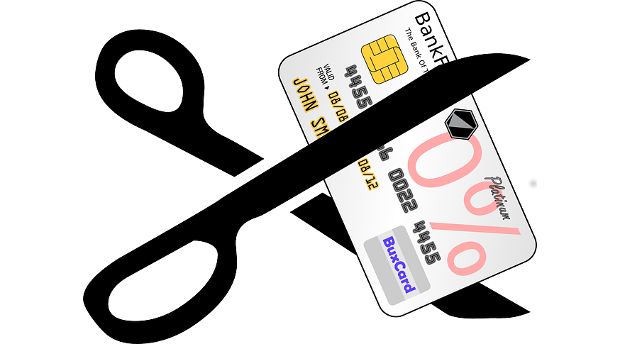You Are Unwell But At The Workplace: Can Your Boss Compel You To Return Home?
Post Views 3
This system has its advantages and its disadvantages. The workers can take time off, without assigning any reasons and without having to feign sickness. But the corollary to this is that when they are sick, they find that they do not have enough days and often report for work, not wanting to lose pay.
Sick employees apart from not being at their productive and active best can also pass on the ailment to their co-workers. Would the company be justified in asking the worker to return? Would the employee be bound to accept the supervisor’s diktat?
The truth is that the employer can ask you to go home, because you are unwell and your coughing and sneezing could be hazardous to the health of those around you. The management has the right to manage its workforce, by asking sick employees, even if they are reluctant to go and capable of working to go home.
However, giving employees paid-time off is by and large not mandatory. Companies give time-off or not give it, according to the rules of the company. Moreover, if you’re sick enough to qualify for protection under the Family and Medical Leave Act or the illness causes a disability covered by the Americans with Disabilities Act, then the need to get time-off under PTO does not apply.
But employers should understand one thing. Just because the law empowers you to send a sick employee home it does not mean that you must send him home. Similarly, just because physically, the sick employee can perform his job, does not mean that the employer must permit him to do so.
An employer is required by the federal Occupational Safety and Health Administration –OSHA, to control and ensure the safety of its workers. State workers’ compensation acts also impress upon employers the need to provide a safe workplace for its employees.
This does not mean that one should automatically assume that by allowing an employee to work near a co-worker with a cold would breach OSHA or other applicable law. However, employers must use OSHA workplace security guidelines to create and maintain safe and healthful workplaces.
Even if you allow a worker with common cold and flu to continue working, it will not be a serious enough violation to merit being covered by workers’ compensation laws or to violate OSHA.
Considering that a common cold could last almost ten days and symptoms of allergic diseases exist even before they become obvious, employers would be reluctant to send workers home.
Moreover, the employer may not find an immediate replacement to the sick worker. If trained workers report sick, it is very hard for those who have been trained as back-ups to do as good a job as the trained worker.
Sometimes for valued workers the employers will want them on the job and just ask them to take some basic precautions, like washing hands frequently and sanitizing the computer keyboard after using it.
Regarding you pay if you are sent home, if you are exempt employee, the employer can dock your PTO if you are asked to return home. But if you have used up your PTO the employer cannot subtract your pay. But if you are a non-exempt employee and exhausted your PTO, they don’t have to pay you.
Most workers have a tendency to believe that their employers are greedy, heartless people, who for their bottom lines would work their workers to death, uncaring about their health. Bereft of compassion, they would want their workers to report for work even when they are sick.
However, there are some businesses where employers will surely wish that you stay back and not come to work. People working in sales, would have a hard time to do their sale-pitch, if they were constantly sniffling and blowing into a hanky.
Also the same rule cannot apply to all workers uniformly. A nurse in a newborn nursery should certainly not be allowed anywhere near the babies, whilst the rules can be less lenient or even overlooked in the case of a night watchman who works alone.
The answer is, yes your company can ask you to go home and you will have to go. But it is not required by law that he must ask you to go, so there will be times when you will face both possibilities. Best thing is not to get sick and use your PTO for fun-filled holidays rather than lying in bed.
You Are Unwell But At The Workplace: Can Your Boss Compel You To Return Home? by Harrison Barnes


 Top Trends in Human Resources
Top Trends in Human Resources  Overwhelmed at Work? 7 Simple Strategies to Make Things Better
Overwhelmed at Work? 7 Simple Strategies to Make Things Better  Want to Attract Top Talent to Your Company? Have a Purpose
Want to Attract Top Talent to Your Company? Have a Purpose  Top 5 Areas You Should Cut Costs in Your Business in 2016
Top 5 Areas You Should Cut Costs in Your Business in 2016  Telecommuting Doesn’t Work for All Jobs
Telecommuting Doesn’t Work for All Jobs  What Does It Actually Cost to Hire a New Employee?
What Does It Actually Cost to Hire a New Employee?  Cadillac Tax Ruining Health Care Coverage Plans
Cadillac Tax Ruining Health Care Coverage Plans  Top 10 Most Popular Granted Employer Articles of 2017
Top 10 Most Popular Granted Employer Articles of 2017